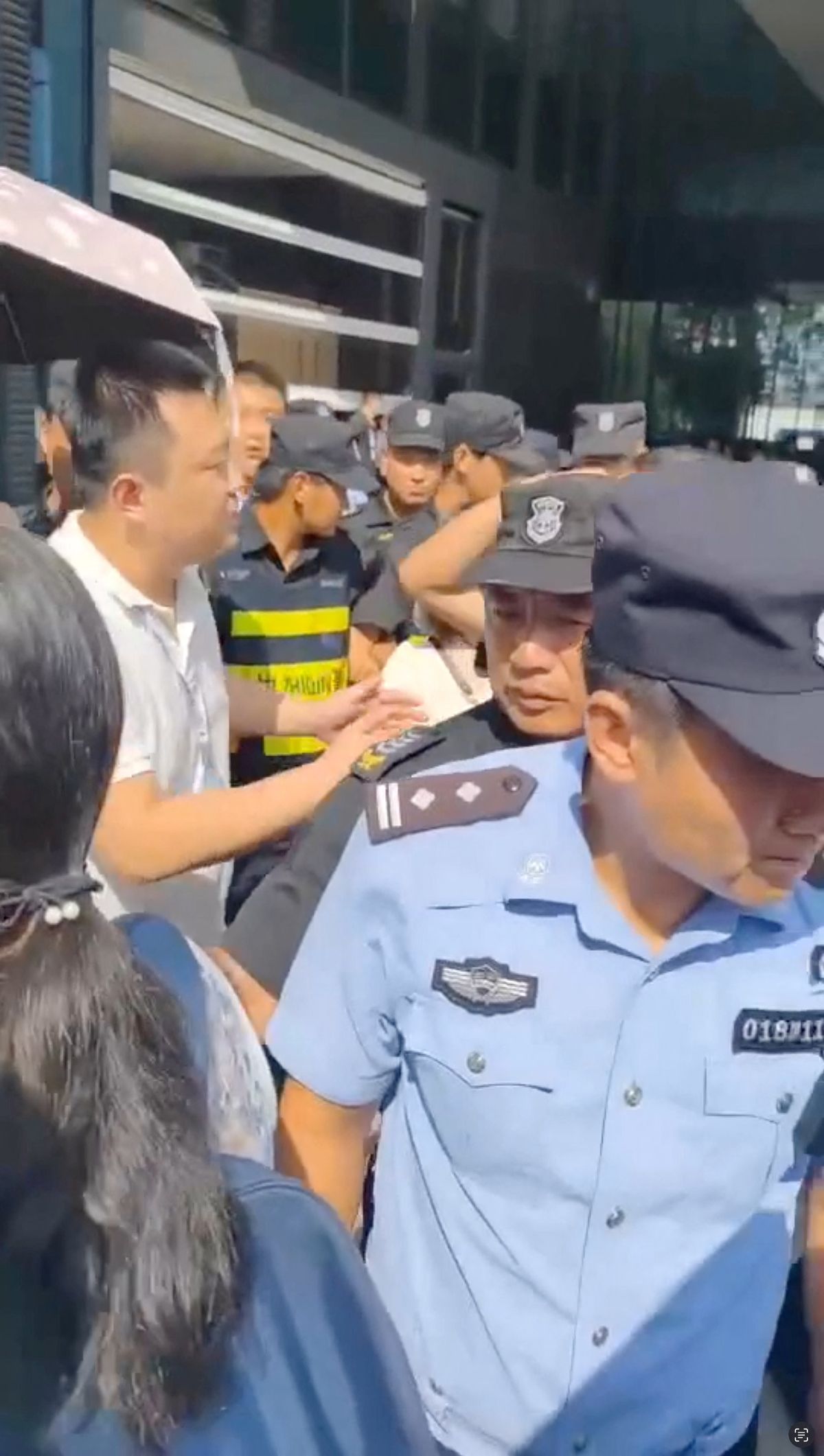Chinese shadow bank Zhongzhi plans debt restructuring
Zhongzhi is a big player in China’s US$2.9 trillion trust industry, which involves different forms of commercial and investment banking, private equity and wealth management.

A few minutes every morning is all you need.
Stay up to date on the world's Headlines and Human Stories. It's fun, it's factual, it's fluff-free.
The backstory: Beijing-based Zhongzhi Enterprise Group is one of China’s biggest private wealth managers, handling more than 1 trillion yuan (US$137 billion) of assets. It’s a “shadow bank,” which is essentially a firm that offers some banking-like activities, like lending, but does it outside of the traditional banking system, which is more heavily regulated.
Zhongzhi is a big player in China’s US$2.9 trillion trust industry, which involves different forms of commercial and investment banking, private equity and wealth management. Companies in this industry pool together savings from wealthy households and corporate clients to offer loans and invest in things like real estate, stocks, bonds and commodities. It’s usually a pretty appealing place for people to park their money, as it’s seen as relatively safe and more lucrative than traditional banking products. For example, some products offered by a trust subsidiary of Zhongzhi have an average interest yield of 6.88%, compared to the benchmark 1.5% that a regular bank would pay out.
More recently: China’s financial sector has been seeing pressure from disappointing economic data and the struggling property market as it works to recover post-COVID, which took a toll on the nation’s economy. The government has taken some steps to boost the economy and the property market, but no major stimulus has been announced recently, which is weighing on the minds of investors. On top of that, one of China’s biggest property developers, Country Garden, just missed some bond payments and is looking like it’s in financial trouble.
The thing is, a lot of these trust products managed by Zhongzhi have exposure to the real estate sector and are backed by troubled developers like Country Garden and Evergrande (one of the first major Chinese developers to default on its debts). And last week, three firms said that they’d missed payments from companies linked to Zhongzhi.
One Zhongzhi-backed trust company, Zhongrong International Trust, has already missed payments on a bunch of products, and it’s not looking like it’s going to be able to catch up on those anytime soon. It alone has 270 products totaling 39.5 billion yuan (about US$5.4 billion) coming due this year, according to data from Use Trust
The development: Zhongzhi is planning to restructure its debt and has hired accounting firm (one of the Big Four) KPMG to look into its finances, according to people familiar with the matter. Sources said the conglomerate hired the firm in late July, and it’s looking into restructuring and selling off assets in order to repay investors after the review. The shadow bank has suspended payments on nearly everything it manages, but the insiders said it’s not really clear exactly how many products the firm has defaulted on or if it has enough money and assets to cover everything. Either way, they said the restructuring process is likely to take a while. On a call Wednesday, Zhongzhi execs did say that bankruptcy is an option, but they don’t have enough info yet to make that call.
Because of worries about potential contagion in the banking sector, Chinese regulators have also set up a task force to look into the risks at Zhongzhi.
Key comments:
“When investors start to lose faith, then all of a sudden an outfit’s ability to continue to raise new funds becomes more difficult,” said Dinny McMahon, an analyst for consultancy Trivium China and author of China’s Great Wall of Debt.. “Then the potential for defaults to cascade becomes more and more.”
"As the problems in the property development sector are not new and have already been unfolding for several years, we think investors would have already psychologically prepared for the potential of defaults,” Citigroup said in a note.
“The biggest problem now is how to isolate the risks associated with Zhongzhi group so that it doesn’t cause confidence of the entire trust industry to collapse,” said Shen Meng, a director with Beijing-based investment bank Chanson. “If the situation continues to worsen, expect the scale of the risks to be no less than when a leading property developer defaults.”




Comments ()